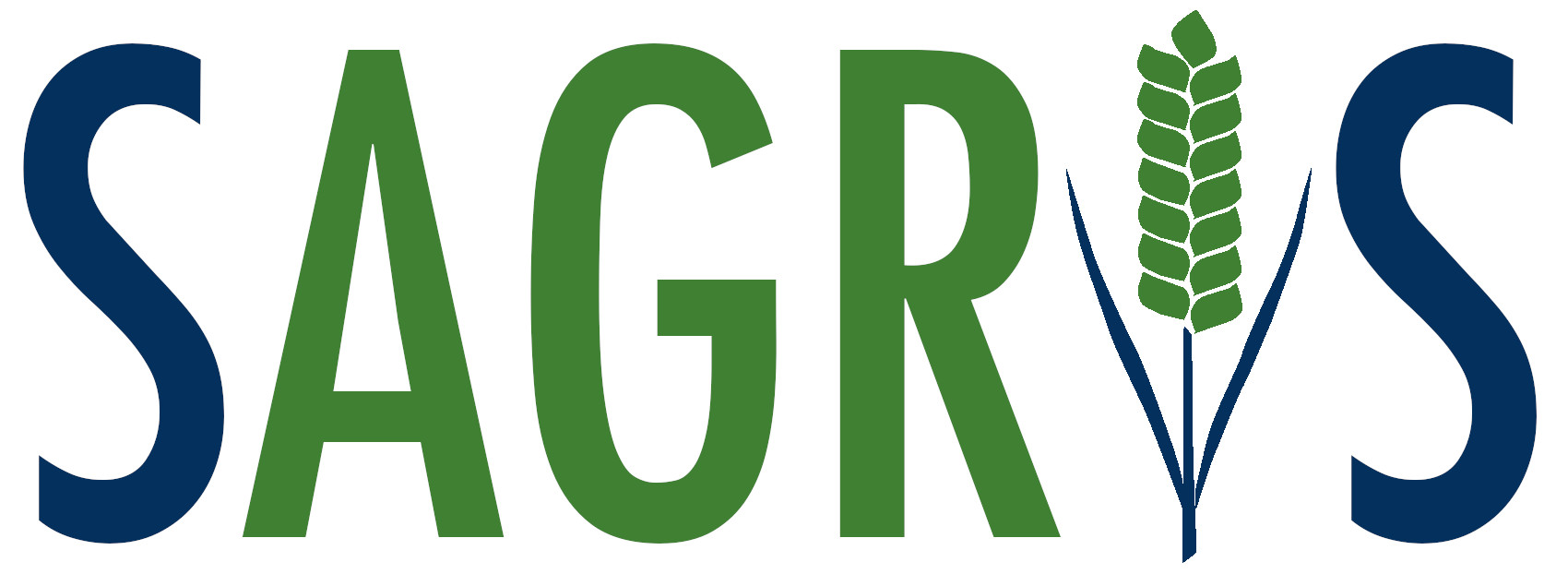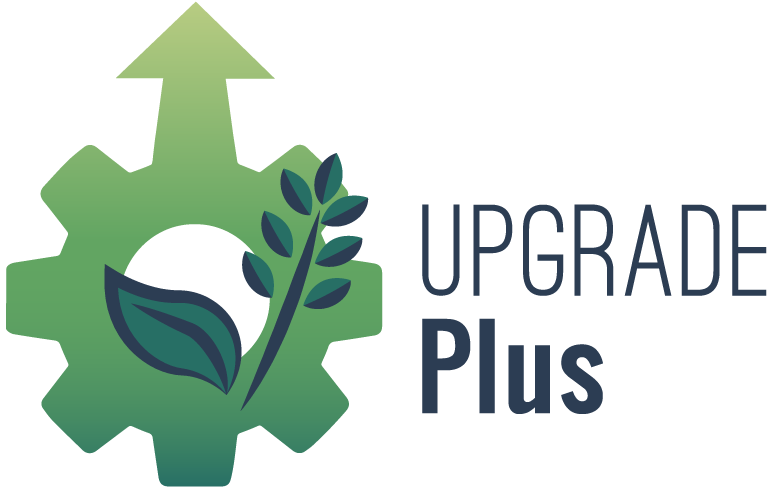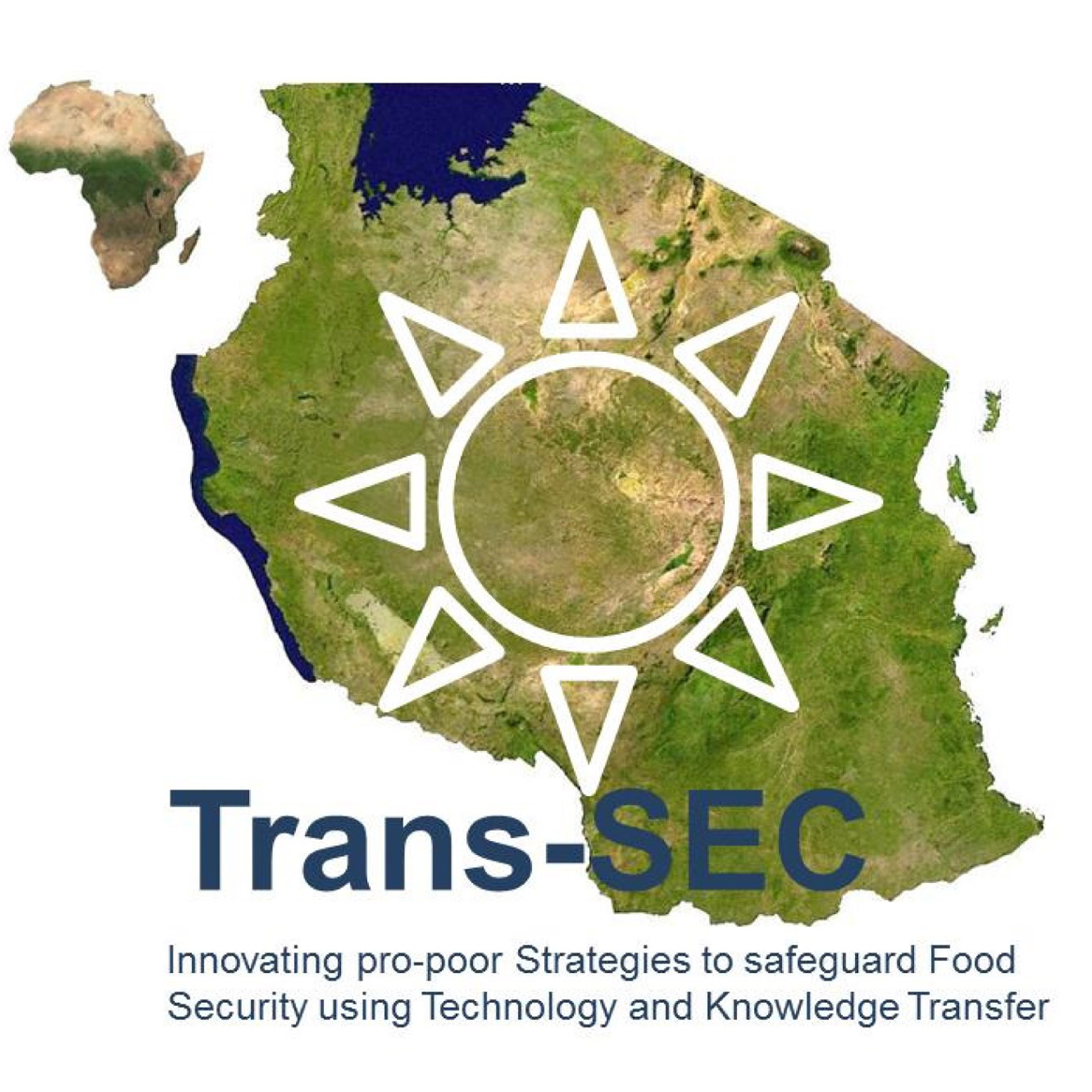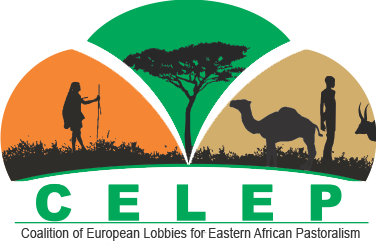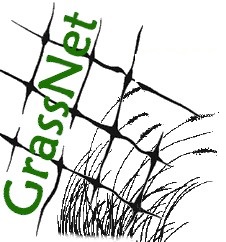Second-Order Cybernetic Analysis to Re-construct Farmers’ Rationale When Regulating Milk Production
Systemic Practice and Action Research, 29(5), 449–468, https://doi.org/10.1007/s11213-016-9371-xThis paper presents an activity and knowledge analysis using second-order cybernetics for analysing human activities in social-ecological systems. We do this with the case of smallholder farmers producing milk in Nakuru County, Kenya. The analysis is based on farmers′ actions and the knowledge behind their actions. Using this approach, we analysed how smallholder farmers regulate milk production and how they influence milk quality. Farmers influence milk quality with their routine and problem-solving management actions. The knowledge behind these actions can be represented as rules. We found that Routine Control Rules that influence milk quality aim to (i) minimize contamination (ii) maintain udder health, and (iii) preserve milk. Problem-Solving Control Rules aim to deal with disturbances associated with (i) market imperfection (ii) microbiological contamination (iii) disease, and (iv) unfavourable milk composition. The approach revealed key restrictions and disturbance factors influencing milk quality in smallholder dairy systems. It also allowed for co-identification of best practices and entry points for contextualized innovations, i.e. innovations that fit into the respective production context. The co-analysis led to changes in farmers’ practices, as it fostered the co-development of milk quality standards to be applied at the community level as preparation for collective marketing activities. When emphasis is placed on finding restrictions and developing innovations, the approach can be further applied to other land-use systems.






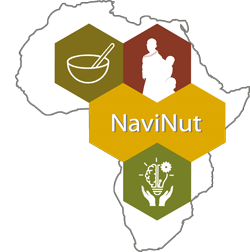 NaviNut
NaviNut